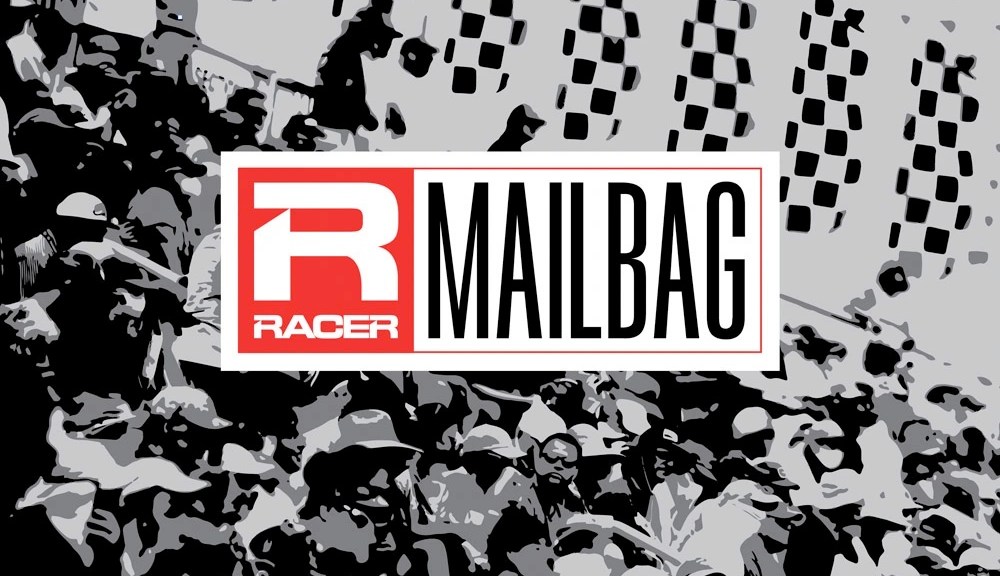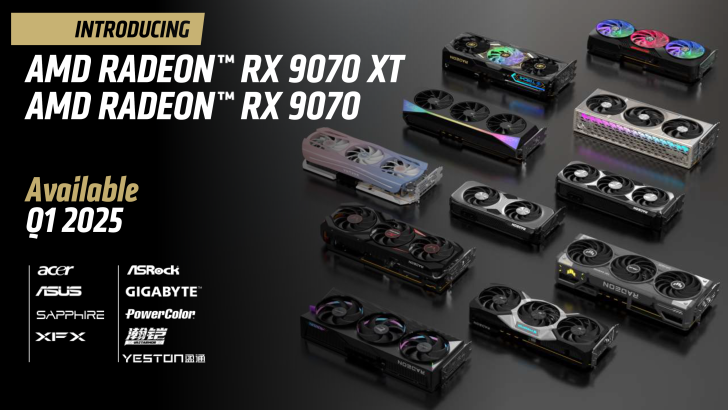Your Memories May Not Die with You—Scientists Are Figuring Out How to Retrieve Them – The Daily Galaxy –Great Discoveries Channel

What if memories didn’t die with us? Scientists are exploring the tantalizing idea of extracting memories from the brains of deceased individuals—a concept that blurs the line between science and fiction. But how close are we to making this a reality? And what ethical dilemmas could arise if we succeeded?The concept of retrieving memories from the brain of a deceased individual is no longer confined to the realm of science fiction. While it remains highly speculative, advances in neuroscience suggest that partial memory extraction might one day be possible. However, this raises profound scientific, ethical, and philosophical questions about the nature of memory and its accessibility after death.At the center of this speculative technology lies the engram, the physical trace in the brain where memories are stored. Memories are encoded by groups of neurons that work in tandem, forming intricate networks connected by synapses, the tiny gaps through which electrochemical signals pass. These connections are the foundation of both short-term and long-term memory, with initial encoding often occurring in the hippocampus before memories are consolidated in other regions of the brain.According to Don Arnold, a neuroscientist at the University of Southern California, the theoretical process of extracting a memory would involve several complex steps:This process hinges on decoding the engram, which Arnold notes is “not really the memory itself, but just the place where the memory is stored.” He emphasizes that even with technological advances, reassembling the actual lived experience of the memory might be unattainable.Animal research has provided a critical foundation for understanding memory. A landmark 2012 study in Nature demonstrated how scientists could manipulate a mouse’s memory. By locating the neurons associated with a specific fear-inducing experience, they reactivated these neurons artificially, causing the mouse to recall the fearful event despite being in a neutral setting.This discovery showed that memories can be identified and influenced at the neuronal level. However, scaling this process to humans introduces significant complexities. Unlike mice, human memories often integrate abstract ideas, personal relationships, and rich emotional layers.One major barrier to posthumous memory extraction is the fluid nature of memories. Over time, memories undergo reconsolidation, during which they are updated and modified. This dynamic process means that even if the engram is preserved, the extracted memory might be a distorted or incomplete version of the original experience.Moreover, memories are stored across multiple brain regions. Sensory details might be encoded in the parietal lobe, while emotional aspects are tied to the amygdala. This dispersion requires reconstructing a “neural map” of the memory—a feat that would demand a level of understanding and precision far beyond current capabilities.The prospect of extracting memories from deceased individuals raises profound ethical dilemmas. Memories are deeply personal and often tied to an individual’s identity and autonomy. Would it be ethical to access these memories without consent? How would society regulate such technology to prevent misuse, such as the exploitation of memories for legal disputes, commercial purposes, or personal gain?There are also concerns about the psychological impact on the living. What would it mean for families to “relive” the memories of a loved one, especially if those memories are incomplete or misinterpreted? Could the technology open the door to invasive practices, where even the sanctity of death offers no escape from surveillance?Got a reaction? Share your thoughts in the commentsEnjoyed this article? Subscribe to our free newsletter for engaging stories, exclusive content, and the latest news.Comment Save my name, email, and website in this browser for the next time I comment.
© 2024 | Daily Galaxy | All rights reserved






